MercoPress. South Atlantic News Agency
Latin America
-
Wednesday, September 16th 2009 - 08:52 UTC
Buenos Aires optimistic about the coming cruise season

In spite of the global slowdown, the cruise industry in South America seems to be steaming ahead according to the latest estimates from Buenos Aires Port, which for the coming 2009/2010 season is expecting 143 calls.
-
Wednesday, September 16th 2009 - 08:43 UTC
Extension of US trade embargo on Cuba, “disappoints” Brazil and Latinamerica
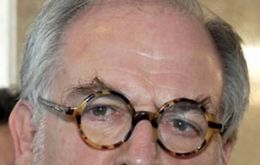
President Barack Obama decision to extend for another twelve months the 47-year-long US trade embargo on Cuba has “disappointed” Brazil and Latinamerica” said President Lula da Silva’s main foreign policy advisors.
-
Wednesday, September 16th 2009 - 08:19 UTC
Chavez regime holds at least 40 political prisoners claim human rights groups
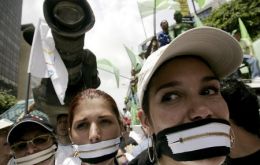
Venezuelan human rights organizations estimate the regime of President Hugo Chavez is holding at least 40 political prisoners and over 2.000 people have been sentenced for participating in rallies organized by the opposition to protest “Bolivarian revolution” legislation and initiatives.
-
Wednesday, September 16th 2009 - 06:59 UTC
Britain, Spain and the sleeping giant Latin America
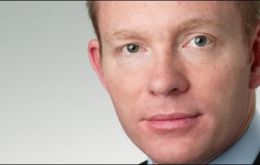
UK Foreign Office Minister, Chris Bryant, addressed the Latin American Forum at Casa de America in Madrid on 14 September.
-
Tuesday, September 15th 2009 - 12:02 UTC
Bolivia invites Spanish companies to invest “as partners not as bosses”
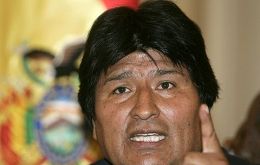
Bolivian President Evo Morales said companies that respect the law and don’t “conspire” against the government are welcome in his country. Bolivia needs investors and partners rather than “bosses,” Morales told a conference of business leaders and politicians in Madrid.
-
Tuesday, September 15th 2009 - 11:57 UTC
US extends trade embargo on Cuba for another year
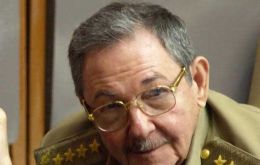
Despite vowing a new beginning in the US-Cuba relations, President Barack Obama has decided to extend the 47-year-long US trade embargo on Cuba for another year.
-
Tuesday, September 15th 2009 - 06:24 UTC
Re-sail of Darwin’s global travel calls in Falklands next November
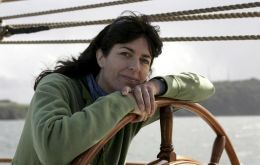
The international project “Beagle, on the Future of Species” a re-sail of Charles Darwin’s global travels which 150 years ago drastically changed the concepts of creation and evolution, but now geared to investigate the earth’s future is scheduled to call in the Falkland Islands next November
-
Tuesday, September 15th 2009 - 00:47 UTC
Russia finances sale of tanks and missile to Chavez regime
Russia has agreed to lend Venezuela over 2 billion US dollars to buy weapons, President Hugo Chavez has said. The credit will be used to purchase nearly 100 tanks and a series of anti-aircraft rocket systems from Russia.
-
Monday, September 14th 2009 - 22:10 UTC
Street crime, damages and hundreds arrested in Chile on coup anniversary
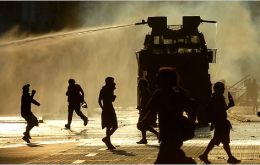
This weekend’s “demonstrations” commemorating the 36th anniversary of the 9/11/73 military coup in Chile that toppled the Socialist government of President Salvador Allende left three dead, 19 policemen wounded, more than 200 arrested and millions of pesos in property damage.
-
Sunday, September 13th 2009 - 17:57 UTC
US denies Honduras' Micheletti visa
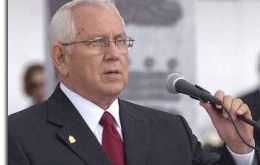
The US has revoked the visa of Honduras' interim president to pressure the Central American country to reinstate Manuel Zelaya, the country's ousted leader, the interim government says.
